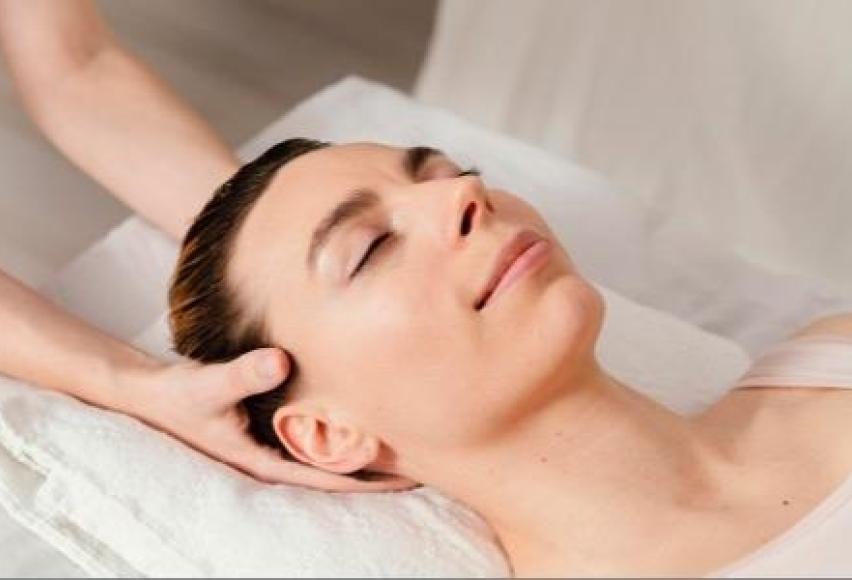
Online test
Find out the severity of your symptoms with this free online test
Scabs on the scalp are a result of cracks in the skin of the head that bleed and dry. The dried blood forms a scab and helps the wound heal. Picking at a scab constantly reopens the wound, causing it to bleed again. Then it forms another scab. It can be tempting to pick at a scab because as it forms, the skin tightens and dries out, drawing your attention to it. There are several things you can do to help facilitate quick scab healing.
Prevention
A little bit of prevention goes a long way. Scalp skin is tender, sensitive, and can be damaged easily. Regardless of the cause of scabs on your scalp, if you tend to get them or already have them, take some steps to prevent them from occurring and from getting worse.
- Avoid harsh chemicals. The chemicals in many hair products including color, shampoo, conditioner, and styling products can cause dryness, inflammation, and mild skin irritation. These small irritations can be magnified when scabs develop or can create skin conditions that prevent scabs from healing properly.
- Avoid temperature extremes. Extreme heat or extreme cold from water or air temperature can affect the elasticity of the skin on your scalp causing conditions that make healing difficult. When washing hair, use lukewarm water and if outside in extreme temperatures, use head coverings to maintain as constant a temperature as you can.
- Avoid stressing scalp skin. Hair weaves, extensions, and tightly pulled hairstyles cause excessive stress on the scalp. Some of that stress can result in small skin breaks.
Moisturize
Preventive measures to keep the scalp moisturized help the skin retain elasticity which helps when scabs do form. Try a weekly scalp mask of beaten eggs, olive oil, or aloe vera applied all over your scalp.
As the scab is forming, it tightens the skin and becomes dry. Tightness and dryness can cause an itching sensation. To overcome those sensations, keep scabs moist by using aloe vera or a scalp moisturizer. Replenishing the skin's natural oils and moisture helps to replace skin's elasticity thereby reducing the tightness. The skin will also not feel as dry, therefore the itching sensation will subside.

Take care
When you notice scabs on your scalp, it is important to take care of them and resist the urge to pick them off. Picking them off will cause additional injury.
- Take the precautions listed above in terms of moisturizing and avoiding stressing the skin of your scalp.
- A hot towel on the head or olive oil on the scalp can loosen scabs already on your scalp without causing additional injury.
Prevent infection
A complication of scabs on the scalp is the risk of infection. Lemon juice and apple cider vinegar act as antibacterial agents. When combined with warm water or warm oil and massaged into the scalp, infection can be prevented or eliminated.
Understand that scabs take some to heal and with proper prevention, maintenance, and care, they will heal faster.
References
Carteaux, C. (2017). Scabs on scalp. Med Health Daily. Retrieved from https://www.medhealthdaily.com/scabs-on-scalp/
Lockhart, T. (2017). Scabs on scalp: Causes, signs, symptoms and how to treat them. /Doctor's Health Press. Retrieved from http://www.doctorshealthpress.com/general-health-articles/scabs-on-scalp
Online test
Find out the severity of your symptoms with this free online test
Start your journey with SkinPick
Take control of your life and find freedom from skin picking through professional therapy and evidence-based behavioral techniques.
Start Now



